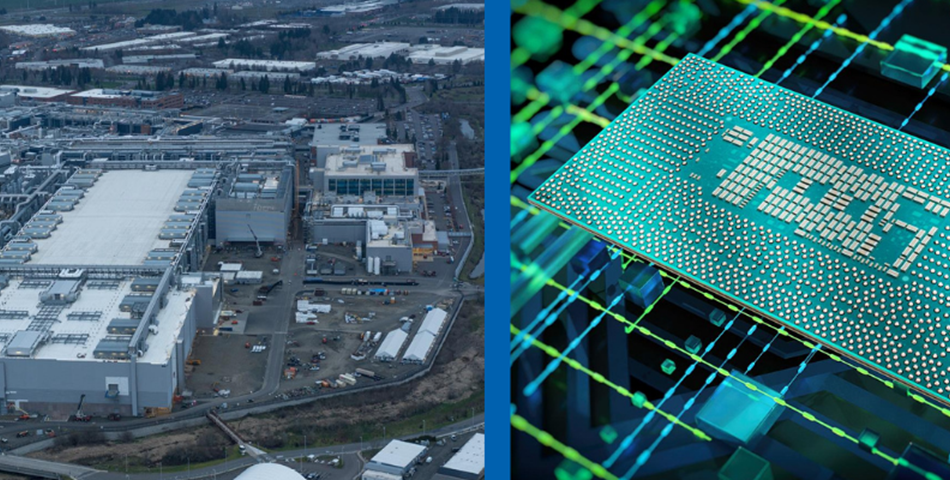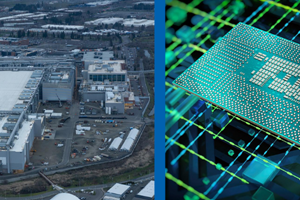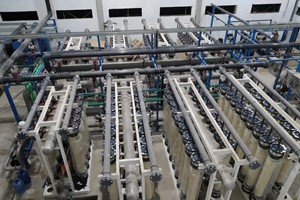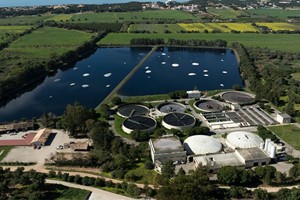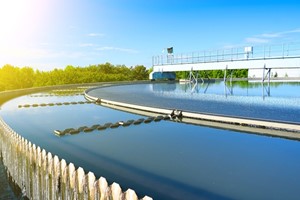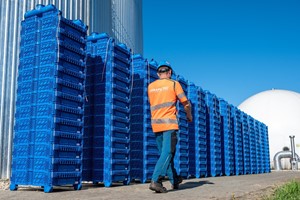Computer chip giant Intel has achieved its “Net Positive Water” targets in the US, Costa Rica and India.
Reducing impact on watersheds
Computer chip giant Intel has achieved its water positive ambitions in three countries.
In the US, Costa Rica and India, the company now returns more freshwater than the company uses in its operations.
Over two years ago the company set out to achieve net positive water by 2030 to reduce its overall impact on local watersheds.
As a result, Intel claims to be putting 13 billion gallons of water, out of the 16 billion gallons used annually, back to “surrounding communities”.
By 2030, including new sites, the organisation will need to conserve an estimated 60 billion gallons of water.
Water is a key ingredient in the company’s factories, used in manufacturing tools, data centres and in evaporative cooling towers.
The freshwater used is either from utility sources, or for example in Israel, taken from desalination.
Other Intel facilities may draw water from on-site wells and collect rainwater to top off the supply that comes from the city. The organisation’s CSR report includes a balance sheet of where the water for each site comes from and where it goes after.
The use of water reuse at Intel
With water lost due to irrigation and evaporation, Intel said it has embarked on “water-saving” efforts to become more water-conscious.
Internal conservation efforts allowed 9.3 billion gallons of water to be saved in 2021 – an increase of 114 per cent over the past two years.
Onsite water reuse and reclamation is another area where the computer-chip giant has been leading. On-site treatment plants allow water to be treated and reused within operations in systems like cooling towers and scrubbers, resulting in a substantial increase in water conservation that reduces the use of freshwater sources.
A $600 million water reuse development is part of its D1X factory in Hillsboro, for which the firm secured $120 million in tax-free bonds.
Fawn Bergen, corporate sustainability manager, said: “I grew up in the Pacific Northwest – a region known for its considerable rainfall. People often think this means that there is little to no water risk.
“But water stress, which is based on both supply and demand, exists at varying levels around the world – in dry or wet climates. That’s why it is important to consider your water footprint – and work toward solutions – in the context of the watershed.”



